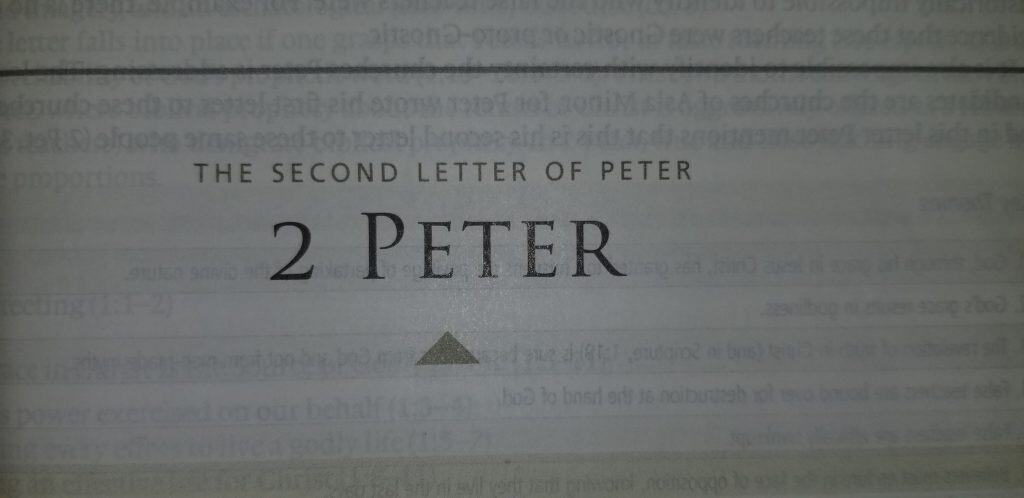⏱️ Estimated Reading Time: 3 min read
If “the fear of the Lord is the beginning of wisdom” (Proverbs 9:10), then we are wise to reflect on God’s judgments from the past. Peter reminds his readers of the tragic stories of the burning of Sodom and Gomorrah and the flood that destroyed everyone but Noah’s family. In both stories, we see evidence of God’s ability to execute judgment. Peter uses these stories to encourage the churches to remain “established in the truth” (2 Peter 1:12) and not to fear “false teachers” who bring in “destructive heresies” (2 Peter 2:1). “Their destruction is not asleep,” Peter reminds his readers. “Their condemnation from long ago is not idle” (2 Peter 2:3).
Peter draws our attention to two specific instances of God’s judgment to prove that even though false teachers seem to get away with disobeying God today, their “condemnation… is not idle.” In the first instance, Peter reminds us that God “did not spare the ancient world” when he sent the flood. Their sins deserved judgment, so God sent water, more water than the world could handle, until he had cleansed the “world of the ungodly” (2 Peter 2:5). But the flood also displays God’s power and willingness to save because he also “preserved Noah, a herald of righteousness, with seven others” (2 Peter 2:5).
In the second instance, God judges the world with fire instead of water. He turned “the cities of Sodom and Gomorrah to ashes” (2 Peter 2:6). God sent angels to destroy the city “because the outcry against its people has become great before the Lord” (Genesis 19:13). And no wonder. We discover that “the men of Sodom, both young and old, all the people to the last man” surrounded Lot’s house and demanded that Lot hand over his guests so they could commit acts of sexual violence against them. If there was such corruption and commitment to violence among all the men of the city, no one in these towns could have felt safe. When we read the disturbing way that the residents of Sodom wanted to treat their angelic guests in Genesis 19, it isn’t hard to understand why God “condemned them to extinction” (2 Peter 2:6).
Just as in the flood, God also showed his power and willingness to save. He not only condemned, he also “rescued righteous Lot” (2 Peter 2:7), but that is the subject of tomorrow’s devotional.
All of this points to God’s power to judge and to save, a power we are wise to fear. His judgment is indeed coming, and we know that destruction is “not asleep” (2 Peter 2:3). We know that the day of judgment will be sudden and thorough: it will “come upon you suddenly like a trap” and “it will come upon all who dwell on the face of the whole earth” (Luke 21:34-35). Therefore, we are wise to pray that we will have “strength to escape all these things that are going to take place and to stand before the Son of Man” (Luke 21:36).




